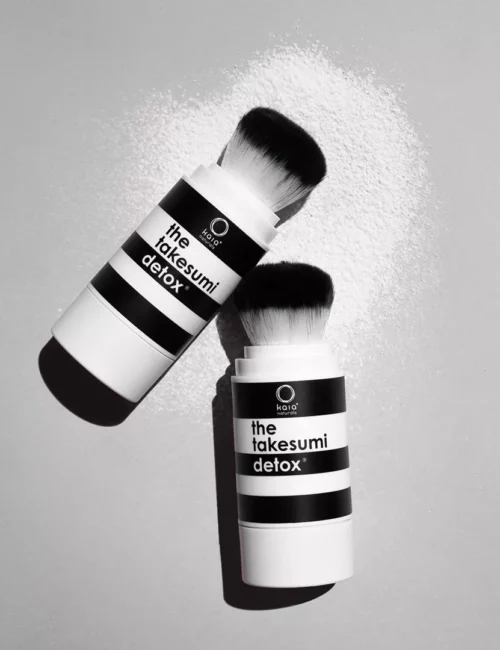
TOP 4 WAYS TO NATURALLY REDUCE EXCESS SWEAT
It’s hot, it’s sticky and I bet you’re sweaty! If you’ve found yourself reading this article, I know the one thing you’re looking for during crazy heatwave season, record breaking summer temperatures and sweaty situations is: relief.
I’m a naturally sweaty person (seriously, they call me “Madame Sweat” over on TikTok) and I also experience hot flashes (thank you menopause) so trust me when I say I know sweat. Thankfully for you, I’ve learned a thing or two over the years on how to manage excess sweat naturally and find that sweet, sweet relief we all crave during these times.
THE SCIENCE OF SWEAT

Before I give you my top tips to manage excess sweat, I think it’s important to remind everyone why we sweat, as believe it or not, sweat is a good thing.
Sweating (perspiration) is a natural bodily function that serves a very important main purpose: controlling and regulating body temperature. For a typical adult, body temperature can range from 97°F to 99°F (36.1°C to 37.2°C). It is normal for your body temperature to fluctuate throughout the day.
When your body temperature rises, your central nervous system triggers your sweat glands to begin the process of sweating to cool off. Sweat is made of 99% water and 1% salt and fat. When water in sweat evaporates, the surface of the skin cools, therefore regulating your body temperature.
It is normal and healthy for your body to sweat in certain situations such as:
- Hot temperatures
- Physical exercise
- Emotional stress
- Eating hot or spicy foods
- Fever associated with illness
Not sweating enough can be dangerous as your body can overheat leading to a heat emergency including: heat cramps, heat exhaustion and most dangerously, heatstroke.
4 WAYS TO NATURALLY REDUCE EXCESS SWEAT
1. AVOID SWEAT-INDUCING FOODS AND DRINKS
Your diet can play a major role in how much you sweat. By being aware of the foods and drinks that may trigger excess sweat, you can reduce consumption or avoid them. These include:
- Spicy foods
- Caffeine (coffee, tea, soda/soft drinks and energy drinks)
- Alcohol
- Meats
- Salt
- Fatty, processed foods





